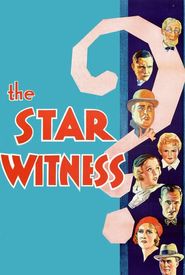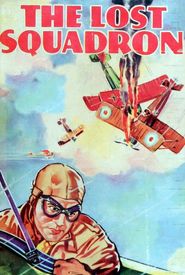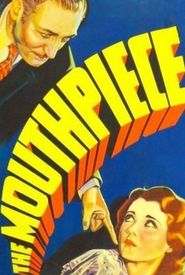Ralph Ince, a pioneering figure in the American film industry, embarked on a remarkable career during the formative years of the silent film era. Born on January 16, 1887, in Boston, Massachusetts, to English immigrant parents, John and Emma Ince, Ralph was the younger sibling among three sons and a daughter. Following his birth, the Ince family relocated to Manhattan, where they all became deeply involved in the world of theater, with his father, John Ince, serving as a musical agent and his mother, Emma, sister Bertha, and brothers John and Thomas all pursuing acting careers.
Ralph Ince's innate artistic abilities were carefully cultivated from a tender age, with his development of artistic skills closely mentored by the renowned cartoonist Dan McCarthy, whose expertise and guidance played a significant role in shaping Ince's artistic trajectory. Subsequently, Ince embarked on a successful career as a newspaper cartoonist, his work featuring prominently in the esteemed pages of the New York World, a publication renowned for its high-quality journalism and engaging content.
Later, Ince transitioned to the world of magazine illustration, his talents being showcased in the pages of the New York Mirror and The Evening Telegram, two esteemed publications that were highly regarded for their thought-provoking articles and captivating illustrations. Throughout his illustrious acting and directing career, Ince continued to make significant contributions to the world of cartoons, his work appearing in numerous prominent magazines of the day, further solidifying his reputation as a versatile and multi-talented artist.
The esteemed career of Ince, a thespian with a rich history of stage acting that began in his early years, saw him join the esteemed stock company of the renowned Richard Mansfield, where he had the opportunity to hone his craft in productions such as the beloved comedy "The College Widow" and the epic historical drama "Ben Hur". As the early years of the 20th century unfolded, Ince's talents were soon to be redirected towards the rapidly evolving world of film, where he would make a name for himself as a versatile performer.
Noted filmmaker, Ince, embarked on a directing career at the esteemed Vitagraph Studios circa 1910, with his official promotion to director occurring in 1912. During this period, he concurrently continued to act in numerous films throughout his illustrious career, showcasing his versatility as a performer and behind-the-scenes talent. Over the course of nearly three decades, Ince left an indelible mark on the early days of cinema, having directed an impressive 171 films, and making a significant appearance in approximately 110 films, solidifying his status as a pioneering figure in the development of the film industry.












































